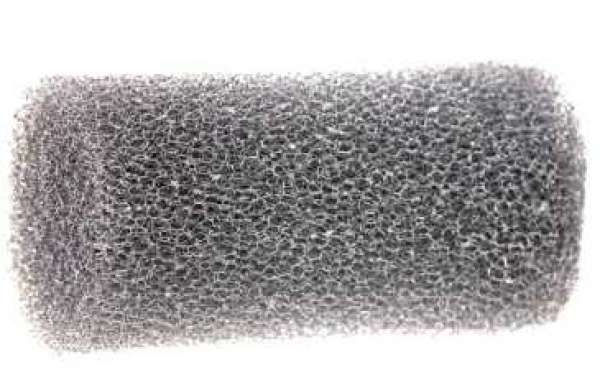What is filter sponge?
Filter sponge is a type of filter media that is commonly used in aquariums and fish ponds. It is made from a variety of materials, including polyester, cotton, and sponge. Filter sponge is designed to remove particulate matter from water, as well as providing a surface for beneficial bacteria to grow.
When used in an aquarium or fish pond, filter sponge should be placed in a location where it will come into contact with water flow. As water flows through the sponge, particulate matter will be trapped within the pores of the sponge. Over time, the filter sponge will become clogged with debris and will need to be replaced.
Beneficial bacteria will also colonize the surface of the filter sponge. These bacteria are important for breaking down ammonia and nitrites in the water, which can be harmful to fish and other aquatic animals. The bacteria will also compete with algae for food and space, helping to keep algae growth under control.
The different types of filter sponge
Filter sponges come in a variety of shapes, sizes, and pore densities. The most common type of filter sponge is the rectangular, black polyurethane foam used in aquarium filters. This type of sponge has pores that range in size from 0.3 to 10 micrometers.
Other types of filter sponge include:
Peat moss: Peat moss is a type of filter sponge that is often used in freshwater aquariums. It is made from decomposed plant matter and has a very high surface area-to-volume ratio. Peat moss can remove dissolved organic compounds and heavy metals from water.
Activated carbon: Activated carbon is a type of filter sponge that is often used in both freshwater and saltwater aquariums. It is made from charcoal that has been treated with oxygen to increase its absorbency. Activated carbon can remove dissolved organic compounds, chlorine, and heavy metals from water.
Zeolite: Zeolite is a type offilter sponge that is often used in saltwater aquariums. It is made from volcanic ash that has been treated with chemicals to increase its absorbency. Zeolite can remove ammonia, nitrites, and nitrates from water.
How to choose the right filter sponge for your needs
Choosing the right filter sponge for your needs is important in order to maintain a healthy aquarium. There are many different types of sponges available, so it is important to know what to look for when choosing one.
The first thing to consider is the size of the aquarium. The filter sponge should be able to fit inside the filter without blocking any of the intake or output valves. It is also important to choose a sponge that has a high surface area in order to maximize filtration.
The next thing to consider is the type of aquarium you have. If you have a freshwater aquarium, you will want to choose a different sponge than if you have a saltwater aquarium. Freshwater sponges are typically made from natural materials, while saltwater sponges are made from synthetic materials.
Finally, you need to consider what kind of filtration you need. There are three main types of filtration: mechanical, chemical, and biological. Each type of filtration serves a different purpose, so it is important to choose a sponge that can provide all three types of filtration if possible.
How to use filter sponge
When using a filter sponge, it is important to first wet the sponge in order to avoid any air bubbles. Once wet, gently squeeze the sponge to remove any excess water. Next, insert the sponge into the filter media compartment of your aquarium Filter. Make sure that the sponge is placed snugly against the side of the compartment in order to create an effective seal. Finally, reassemble your aquarium Filter and start enjoying your clean and healthy aquarium!
Filtering sponge is an invaluable tool for any aquarium. Not only does it help to remove waste and debris from the water, but it also helps promote the growth of beneficial bacteria that keep the tank clean and healthy. With its low cost and easy maintenance, filtration sponges make a great addition to any aquarium setup. Whether you are a beginner or an experienced aquarist, filter sponges should be part of your arsenal when it comes to keeping your fish happy and healthy.








